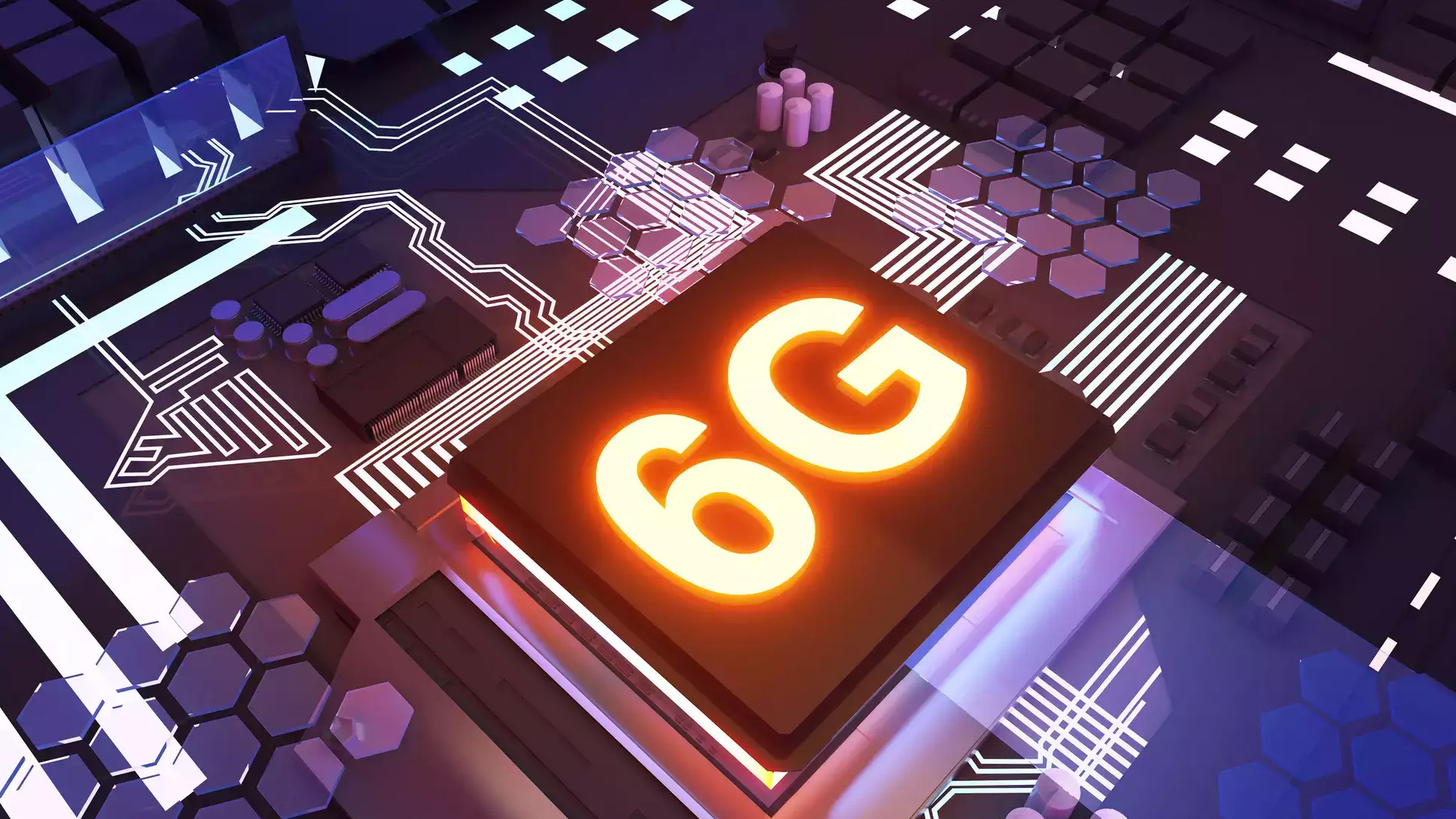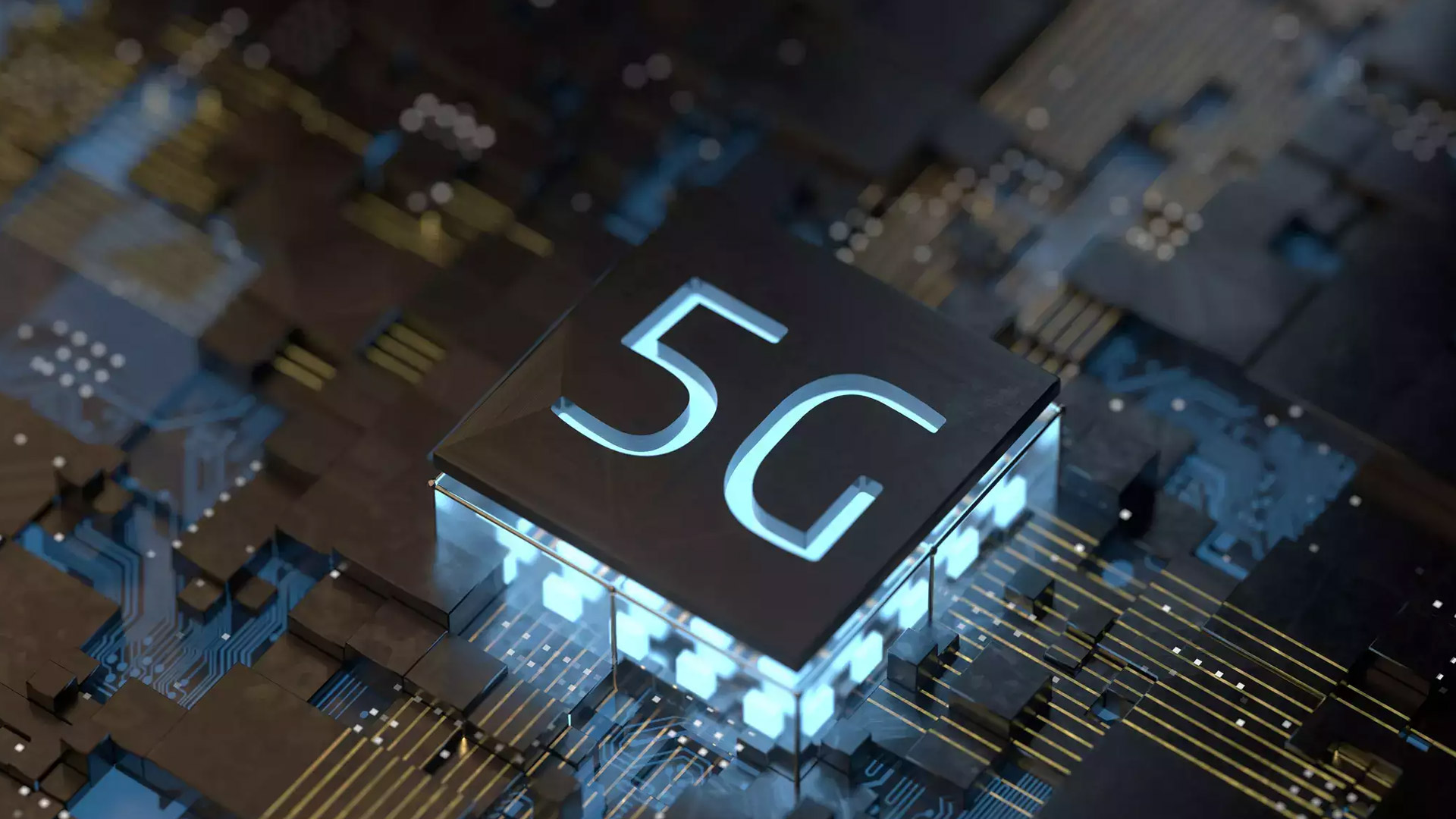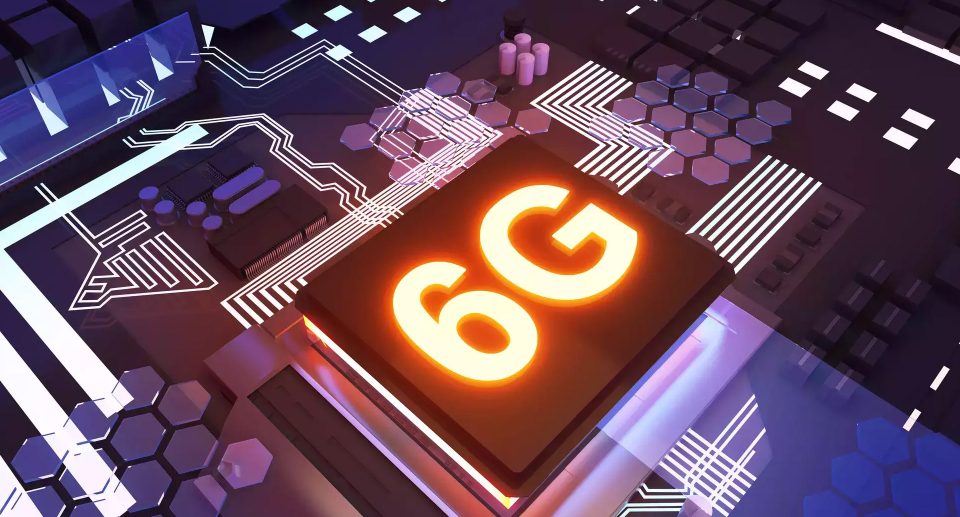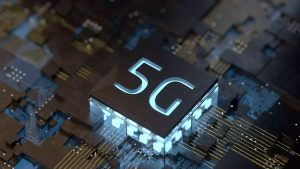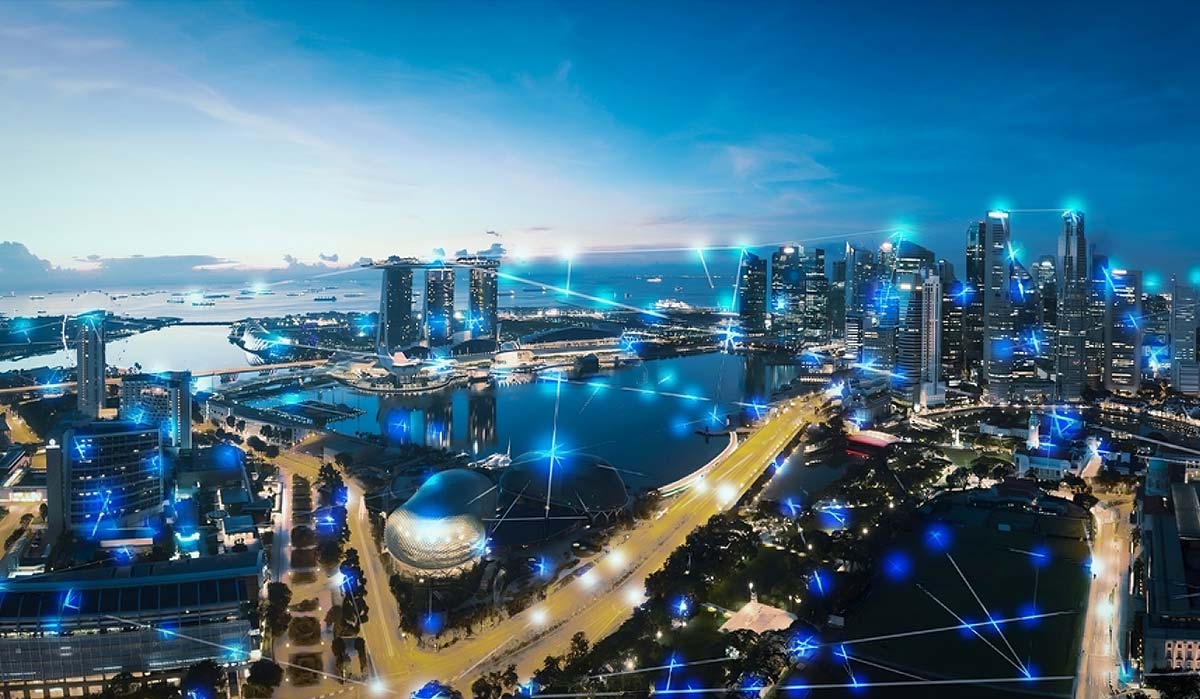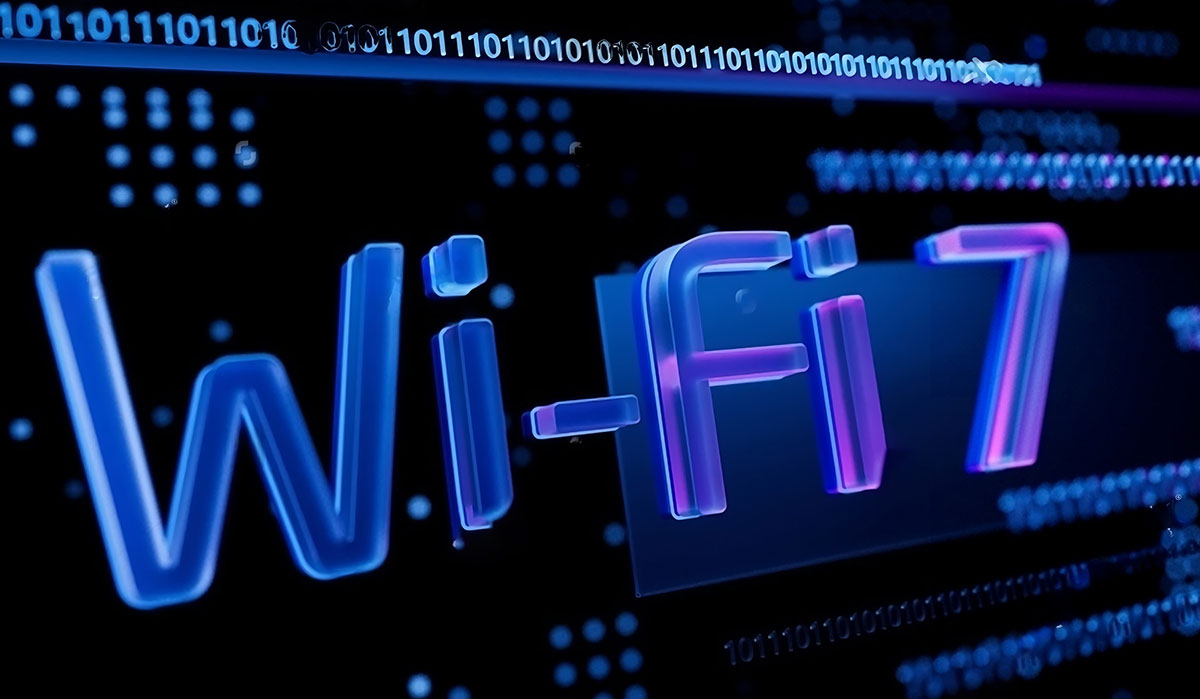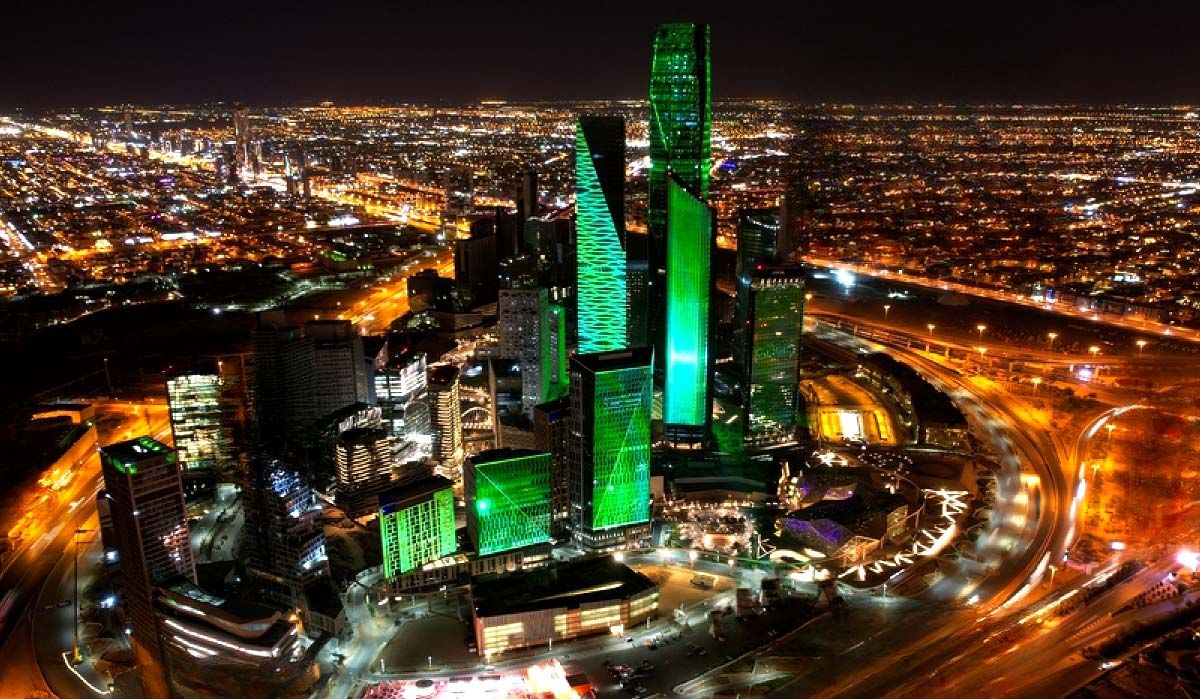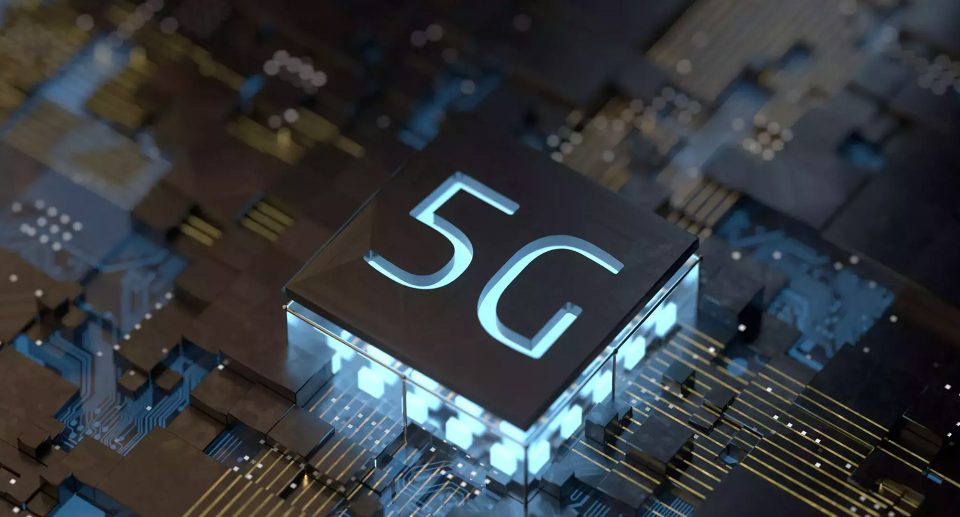
Vodafone Idea (Vi), India’s third-largest telecom operator, has finally launched its much-anticipated 5G services in Mumbai, as announced on March 19, 2025, via TelecomTalk. This rollout marks a significant step in India’s ongoing 5G network updates, following competitors Reliance Jio and Bharti Airtel, who have already established pan-India 5G networks. With Mumbai as the starting point, Vi aims to expand its 5G coverage across the country in a phased manner, aligning with India’s broader push toward digital inclusion and telecom industry trends.
A Phased Rollout with Global Partnerships
Vodafone Idea’s 5G launch in Mumbai comes after months of preparation, with the company partnering with global technology leaders like Ericsson, Nokia, and Samsung to deploy its network infrastructure. CEO Akshaya Moondra, in a statement from January 7, 2025, had promised a phased rollout by March, a commitment Vi has now fulfilled. The company plans to install thousands of new sites by the end of March, enhancing connectivity and user experience.
- Initial Coverage: Mumbai’s 5G rollout targets high-traffic areas like commercial hubs, residential zones, and educational institutions.
- Technology Backbone: Vi leverages Wi-Fi 6 and 5G equipment from Nokia and Samsung, ensuring compatibility with modern devices.
- Speed Expectations: Early tests suggest download speeds of 300-500 Mbps, competitive with Jio and Airtel’s offerings.
- Tariff Plans: Vi is introducing first-of-their-kind tariff plans, tailored for 5G users, with pricing details to be announced soon.
Why This Launch Matters for India’s 5G Landscape
India’s telecommunications sector is booming, with 936.16 million internet users as of December 2023 and a projected 330 million 5G subscribers by 2026, according to The Times of India. Vi’s entry into the 5G market is crucial for maintaining competition, especially as Jio and Airtel have dominated the space. The launch also aligns with India’s broader digital transformation goals, including the Bharat 6G alliance, which is already exploring future technologies.
“5G is not just about speed—it’s about transforming how we live and work,” said Moondra in a recent letter to customers. “Our phased rollout in Mumbai is the first step toward delivering unparalleled experiences to our users.”
Critical Perspective: Challenges Ahead for Vodafone Idea
Despite the optimism, Vi faces significant challenges. The company has struggled financially, with the government recently denying relief on Adjusted Gross Revenue (AGR) dues, as reported by TelecomTalk on March 19, 2025. This financial burden could slow its 5G expansion, especially in rural areas where infrastructure costs are high. Moreover, Vi’s late entry into the 5G market—Jio and Airtel launched in 2022—may put it at a competitive disadvantage, as customers may already be locked into rival networks. The establishment narrative of a seamless rollout overlooks these hurdles, which could impact Vi’s ability to capture market share in the 5G network updates race.
The Road Ahead for Vi and India’s Telecom Sector
Vodafone Idea’s 5G launch in Mumbai is a promising start, but its success will depend on execution and financial stability. As India advances toward 5G and 6G technologies, with foreign direct investment (FDI) in telecom reaching $39.32 billion between 2000 and 2024, Vi must innovate to stay relevant. This development underscores the importance of competition in driving telecom industry trends, ensuring that consumers benefit from faster, more reliable connectivity. future.


